The images in this news story and towards the end of this video reveal in an inspiring way that compassion is a critical virtue for the security sector in times of crisis.
There were also reports of a Turkish soldier beheaded by a mob. But many more of unarmed citizens peacefully, firmly and compassionately arresting soldiers and handing them to the police as in the photograph heading this blog post.

Statue in Turkey of a Turkish soldier who famously carried a wounded Australian soldier out of no-man’s land to save his life during the Gallipoli campaign of World War I.
While responsible citizens and responsible police can nonviolently prevent a coup and save democracy on the streets in a time of crisis, an irresponsible government can then go on to destroy that democracy by the purge of all enemies of the regime. That is the risk Turkey now faces. Democracy is not just about preserving an elected government. It is also about preserving checks and balances on abuses of power, preserving moderation, compassion and independence.
Counterterrorism and compassion
Recent biographical information about so-called Islamic State terrorists involved in mass murder suggest these individuals do not belong to Islamic State cells. Some do not comply with IS ideology, by being heavy consumers of alcohol, for example. This has engendered despair by security experts that little can be done to detect and detain rogue loners.
The Tunisian man who committed the truck atrocity in Nice last week seems to have been mentally ill, marginalised, living alone in a dingy flat after separation from his wife. Compassion may have been the preventive remedy available to us to prevent some such crimes before they occurred. Increased investment in mental health services, especially for marginalised minority communities, is a compassionate imperative for all western societies.
All western societies under-invest in mental health services in proportion to the number of people who die and suffer from mental illness in comparison to other diseases. Western publics are more comfortable donating to cancer or heart research than to preventive mental health. Counterterrorism is a far less important reason for mental health investment than suicide prevention. But it is a powerful additional reason for it.
Detection on its own cannot bear the weight states seek to put on counterterrorism policy. Killing terrorists does not kill their ideology. It also fuels it. We must balance investment in detection with investment in countering the ideology and investment in preventing motivations to kill. Mental instability is one of those. Humiliation of minorities and discrimination that excludes them from opportunities in job markets are others.
Humiliation prevention, discrimination prevention and decent job opportunities are also paths to improved mental health for non-terrorists and terrorists alike.

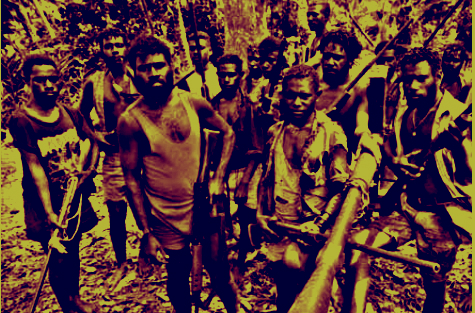
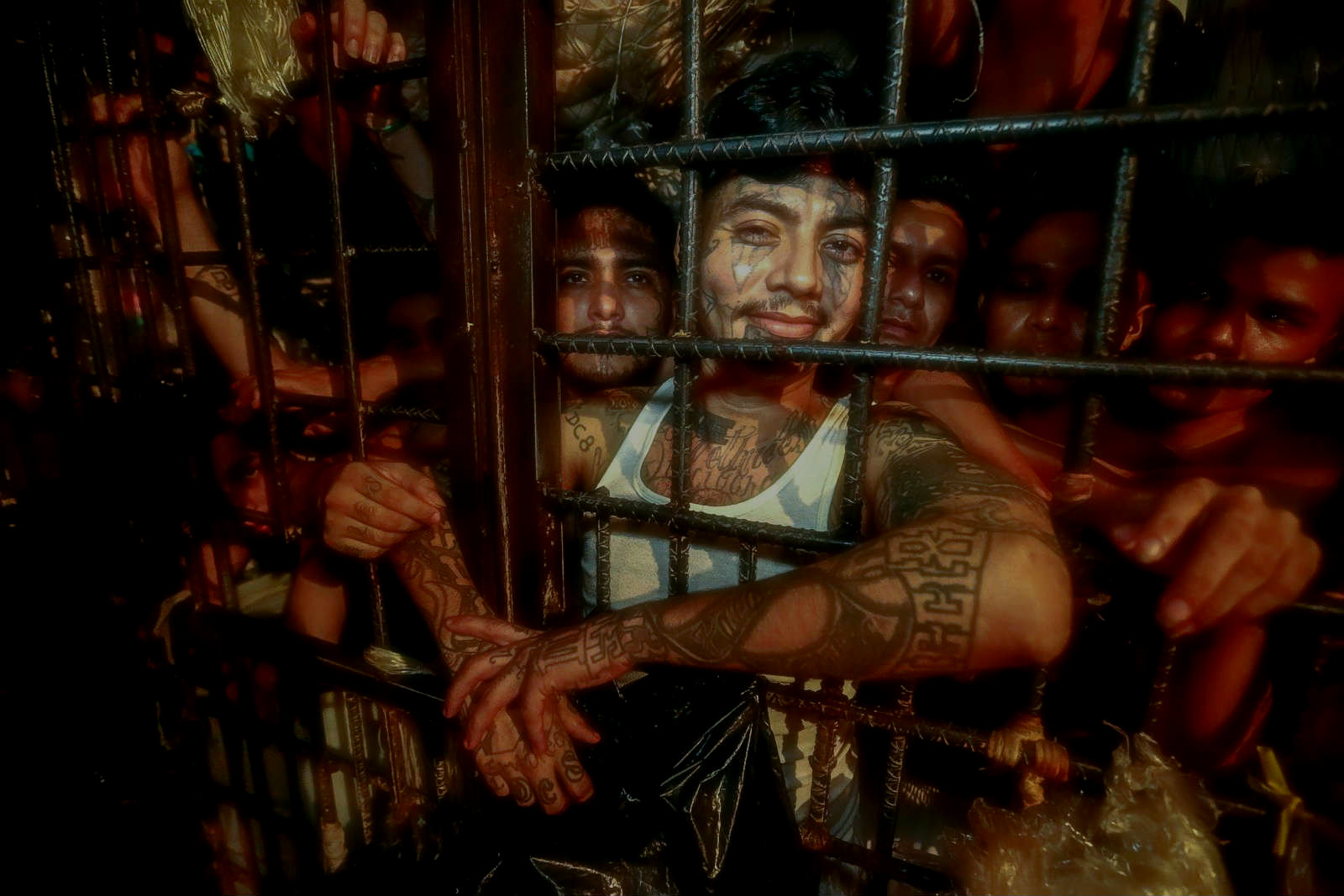
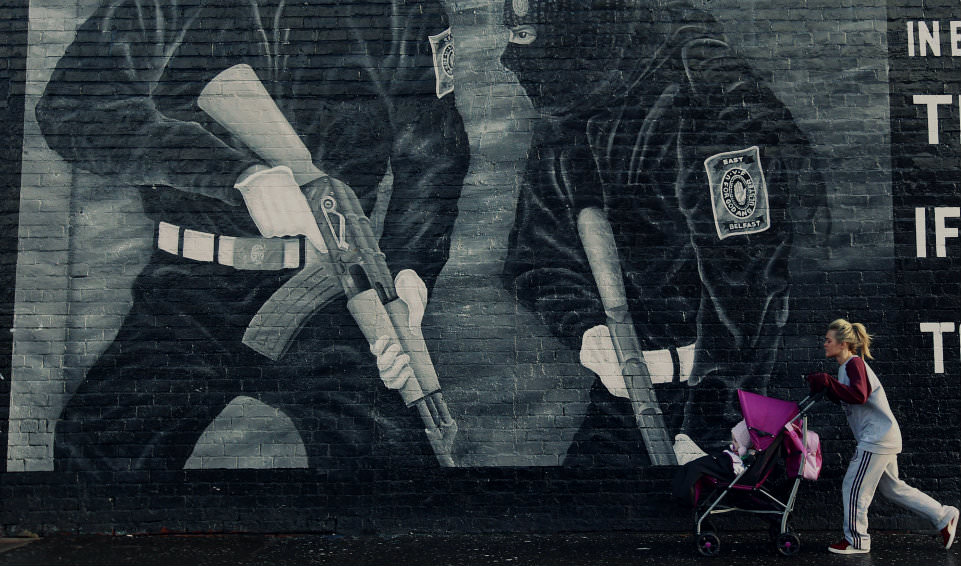
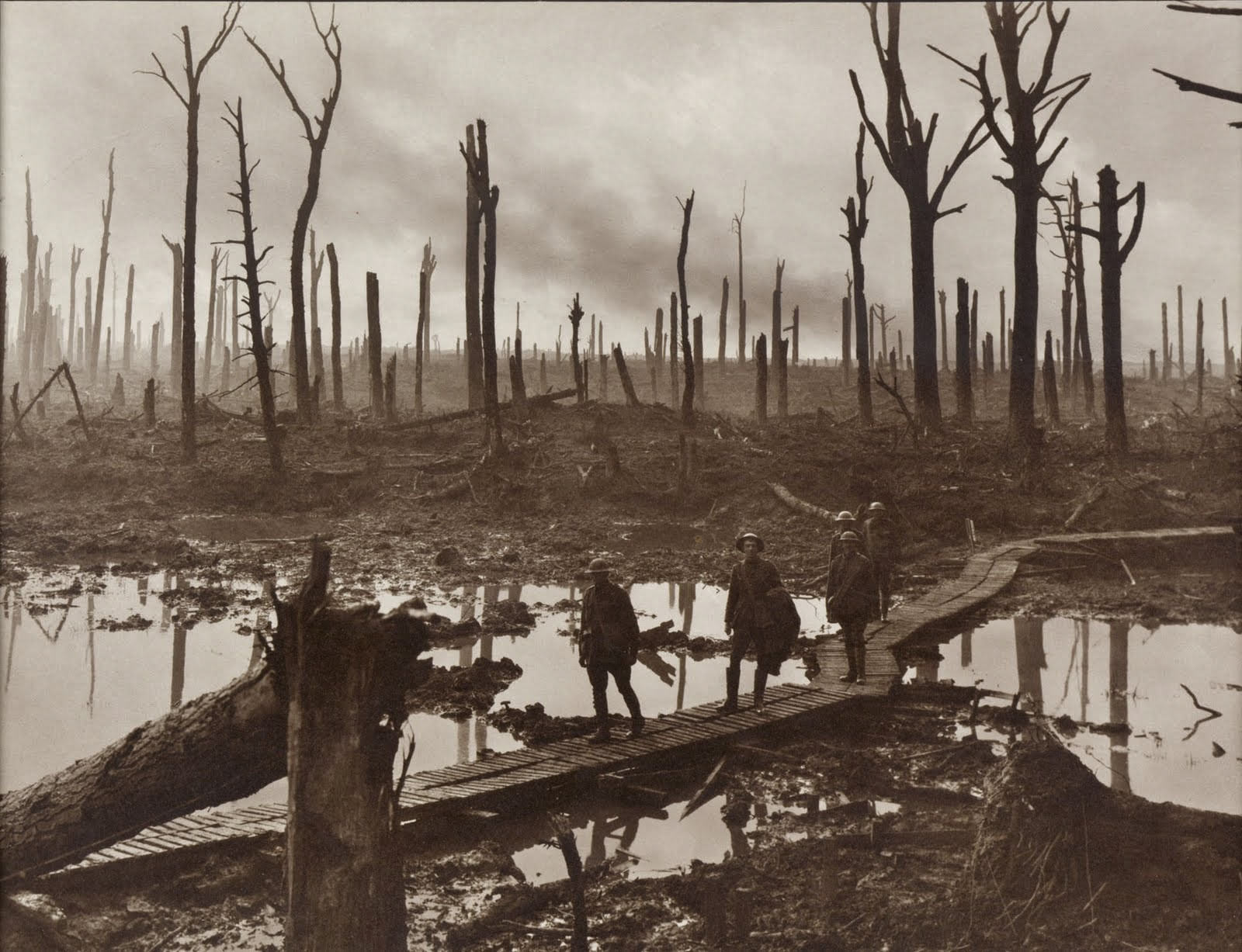
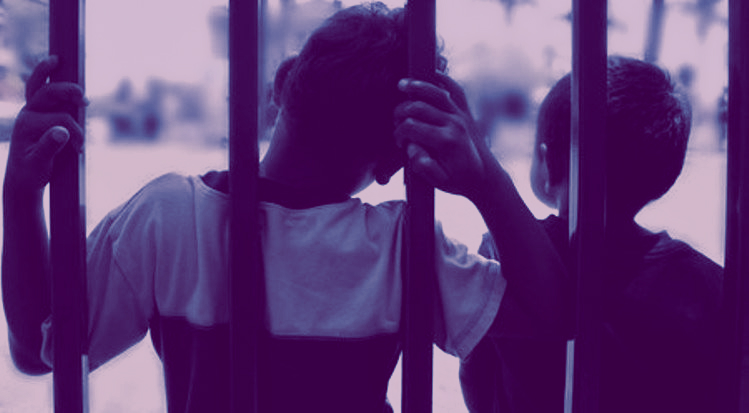
Leave A Comment